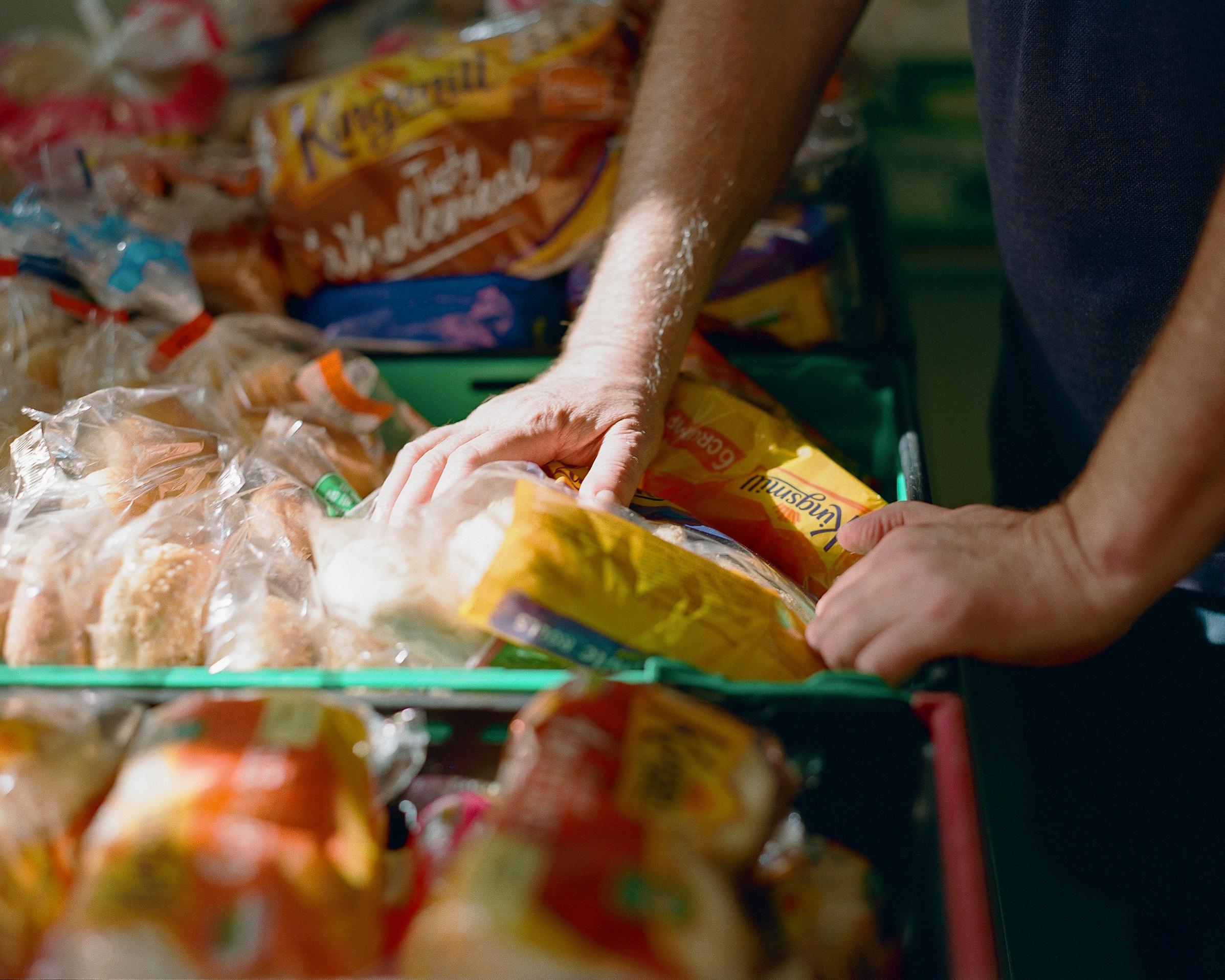Public services staggering under the weight of hardship as politicians urged to fix it “at source”
New research shows how Britain’s primary schools and GP surgeries are staggering under the weight of hardship as they divert resources to respond to the needs of those struggling to afford the essentials.
The Joseph Rowntree Foundation (JRF) conducted a study to discover how millions of people experiencing hardship is impacting key public services.
Hardship was defined in the study as people going without essentials like food, heating and appropriate clothing because they can’t afford it.
The stark results showed a widespread impact across all parts of Britain. It showed significant resource of time and money is being used to help those affected, with knock-on effects for pupils and patients not experiencing hardship.
JRF is calling on all politicians to “get serious” and understand that they can’t fix our public services unless they deal with hardship “at source”.
In a survey of staff in primary education and primary and community healthcare (for example GP surgeries):
- 9 in 10 said hardship had had an impact on their own work, their colleagues or their organisation.
- 6 in 10 staff said poverty had made it harder to do their job well.
- 7 in 10 said supporting people who can’t afford the essentials was a challenge in their organisation.
- Around 4 in 10 said hardship is a factor that is contributing to them thinking about leaving their job.
In focus groups, teachers told of being unable to start teaching on time because they had to leave the classroom to deal with distressed parents facing homelessness or find warm clothes and food for children who were going without. They also discussed how overcrowded housing, including temporary accommodation, leaves children tired, and how much time goes into getting tired, hungry children ready to learn.
Staff at GP surgeries described appointments being used to get prescriptions for over-the-counter medicine such as Calpol because the patient couldn’t afford to buy them at the pharmacy, or to ask for letters to stop evictions. When practices are already struggling to meet demand, staff said this put even more pressure on them to provide appointments to everyone who needed one.
JRF/Thinks Insight polling of staff in primary schools and primary and community healthcare services across Britain also found:
- On average, primary school staff estimate 48% of their pupils had experienced hardship at some point since the start of the school year.
- Primary and community healthcare staff estimated 57% of patients they had seen had experienced hardship, at some point over the last 12 months.
- Almost half (49%) of respondents from primary care, and a third in primary schools, said that they were providing a food bank as part of their service.
Katie Schmuecker, Principal Policy Adviser for the Joseph Rowntree Foundation said:
“Hardship has reached a shameful level in our country, with almost four million people finding themselves in destitution in a single year – unable to keep themselves dry, warm and fed.
“As the parties compete to lead the UK after 4th July, we need them to get serious about tackling the scale and depth of hardship which is afflicting millions and holding families back from building better lives.
“No plan for our schools or NHS should be taken seriously if it doesn’t include tackling hardship. Leaving millions to live without essential items such as enough food or heating doesn’t just rob people of options or dignity, it also adds to the pressures on the services we all rely on.
“Primary schools and GP services are staggering under the weight of hardship – it shouldn’t fall to them to ensure families are not going hungry. As a country we need our politicians to address hardship at source, not look the other way.
“We still need to hear from all our politicians on how they’ll take urgent action to support families, as well as setting out bold, long-term solutions which ensure that everyone in our country can at least afford the essentials.”

This news article is part of the deep poverty and destitution topic.
Find out more about our work in this area.